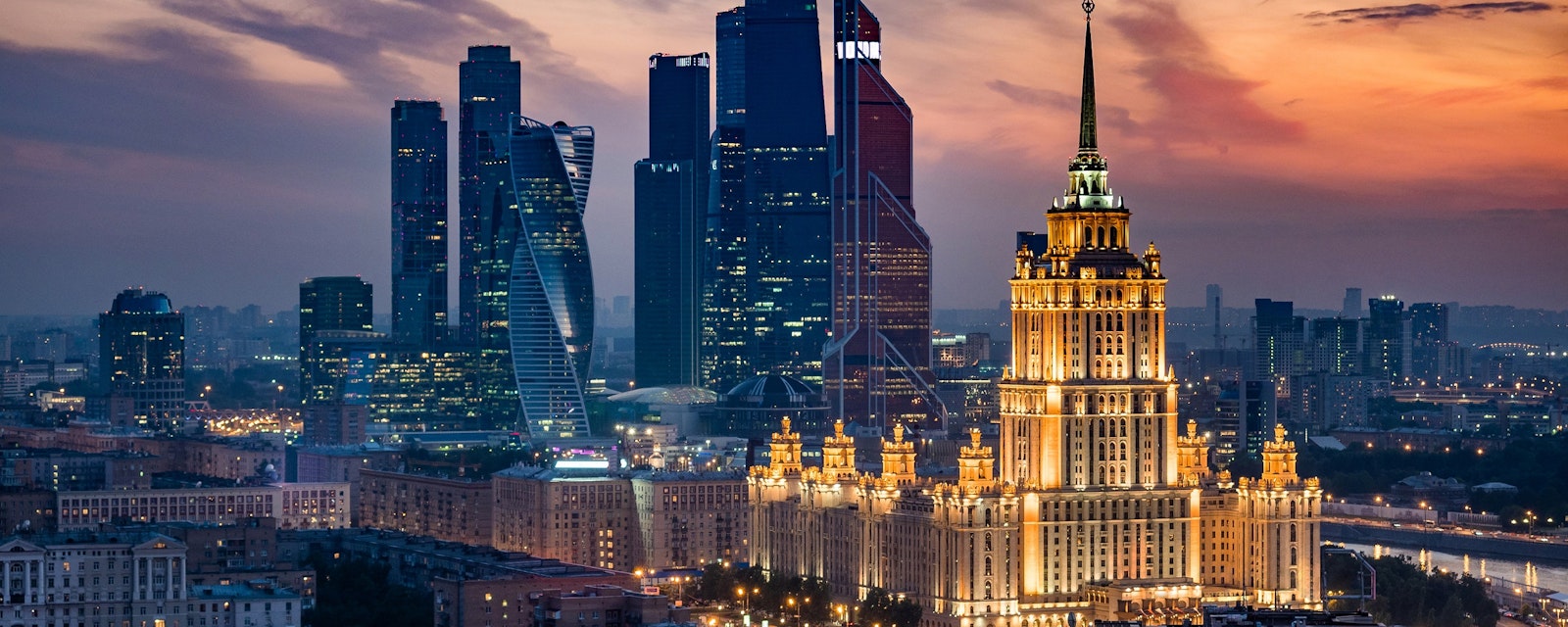Local management buyouts and the sale of assets to Russian investors have been the most common approaches used by foreign companies exiting the Russian market.
Companies from countries deemed "unfriendly" by the Kremlin face a constantly evolving and increasingly restrictive regulatory environment, which makes exiting a lengthy and costly process. However, companies remaining in the Russian market face a host of reputational risks and an increasingly unfavorable and unpredictable political and operational environment in Russia.
The one-year mark of Russia’s invasion of Ukraine has put into the spotlight different approaches multinational companies have taken with regard to their presence in the Russian market. According to the regularly updated company databases by the Yale School of Management and the Kyiv School of Economics, more than a thousand foreign companies have to some extent curtailed their operations or are in the process of withdrawing from the Russian market. However, the share of companies that have completely exited the market remains relatively low.
Looking at different ways foreign companies had exited the Russian market, the transfer of assets and shares to local management has been perhaps the most common approach. Such an option is attractive because existing management teams have the knowledge and experience needed to ensure the continuity of business operations and retain employees, which is a priority to many departing business owners and Russian authorities. It is noteworthy that a number of foreign companies have built-in back clauses when selling their Russian assets, thereby retaining an option to return to the market at some later point.
The sale of assets to Russian investors is another common approach to exiting. There is a significant interest in such assets – often sold at a significant discount – which is giving rise to a new class of influential businesspeople in Russia. Such an approach is also supported by Russian authorities, who are keen to demonstrate that domestic entities can manage these businesses just as well (if not better) than their foreign counterparts. The most valuable assets in strategic sectors, such as energy, are generally acquired by state-owned entities or business groups linked to the Kremlin regime.
While some foreign companies have sold their Russian assets to investors from third countries, such as Turkey or UAE, such transactions are less common. Investors from third countries are likely cautious of the constantly tightening sanctions regime and rising geopolitical tensions.
Difficult to Leave...
The exit of companies linked to "unfriendly states" (a regularly updated list consisting of around 50 countries, including 27 EU member states, the UK, and the US) is regulated by a complex and constantly evolving legal regime. To sell their Russian assets, companies need approval from the government commission on control over foreign investments. The exit of companies operating in the energy and banking sectors or engaged with Russian strategic enterprises is banned until the end of 2023 unless a permit is received from the president's office. In addition, last December, the government approved additional criteria for the exit of foreign companies, which include a mandatory valuation of the assets for sale, an at least 50% discount for the sale of such assets, as well as a "voluntary" contribution to the state budget amounting to 10% of the total deal value. There are also difficulties in agreeing on the terms for the further use of trademarks, technologies, and IT systems, among other issues. Finally, international sanctions and Russian countermeasures complicate the repatriation of profits from Russia. The complicated and costly process of leaving is slowing down the exit of foreign companies, with some even starting to doubt their possibilities of leaving.
...But (too) Risky to Stay
However, companies from unfriendly states that stay in the Russian market face a variety of risks. From a reputational perspective, such companies might be perceived as directly or indirectly supporting Russia's war effort by paying taxes to the federal budget, facilitating the drafting of employees into the Russian army, or even supplying the Russian military. In autumn 2022, the government introduced a special economic regime in several Russian regions allowing their governors to oblige various enterprises to fulfill government orders for the military. So far, there have been no reports of foreign companies being forced to supply the military, but this cannot be ruled out in the future. Reputational issues could have a negative long-term impact on sales in other countries and attract investor scrutiny over adherence to ESG principles.
The operational environment is also increasingly unfavorable. Besides the mounting labor shortages stemming from mobilization and emigration, the government’s focus on economic nationalism is expected to translate into policies increasingly favoring domestic companies over their foreign counterparts. For example, in February, senior officials from the Ministry of Industry and Trade hinted at a potential introduction of quotas for domestic food and non-food products in retail stores. Given the worsening fiscal situation, the introduction of new/higher taxes is also possible. Last but not least, the constantly evolving and tightening international sanctions regime will make operating in Russia increasingly challenging in the future.
Many foreign companies have adopted a wait-and-see strategy, possibly hoping for a quick end to the war in Ukraine and a de-escalation of geopolitical tensions. However, the longer-term political outlook for Russia is bleak. Even Vladimir Putin's departure from power would not guarantee a more democratic political system, an improved business environment, or better relations with the West. Instead, Putin’s eventual departure might trigger a fierce rivalry for political power among influential groups – many of which are backed by (private) military/armed power – leading to a protracted period of political and social instability. Some of potential Putin’s successors hold extreme-nationalist views. Absent a strong and unifying political leadership, the disintegration of a geographically vast, sparsely populated, ethnically diverse, and economically weakened country cannot be ruled out either.




